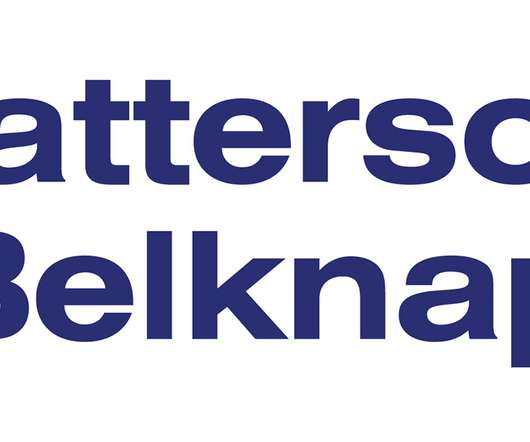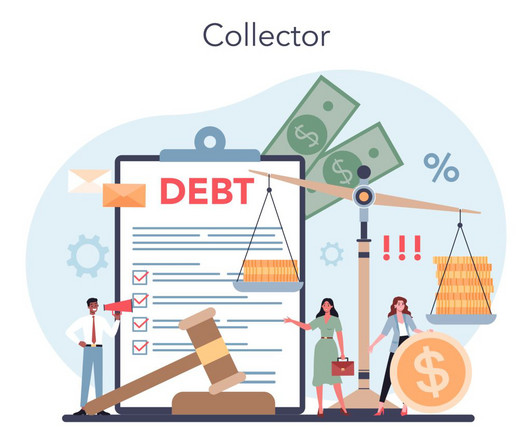Update: Supreme Court Resolves Circuit Split Regarding Pre-Bankruptcy Seizure
PBWT
JANUARY 19, 2021
In 2019, we began following a Circuit split regarding a secured creditor’s obligation to return collateral that it lawfully repossessed pre-petition after receiving notice of a debtor’s bankruptcy filing. ” [ii] In December, the Supreme Court granted certiorari and on Thursday adopted the minority view. [i]












Let's personalize your content